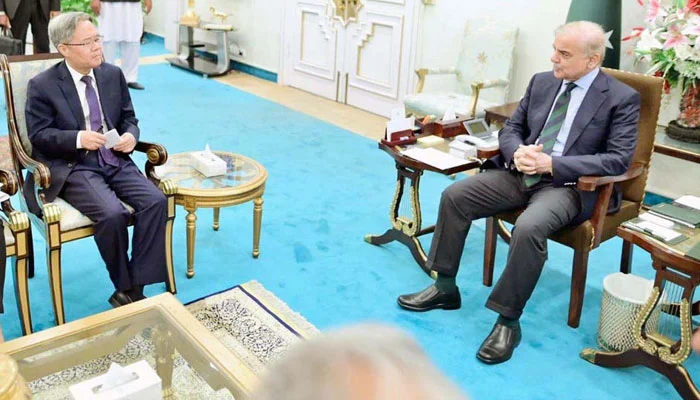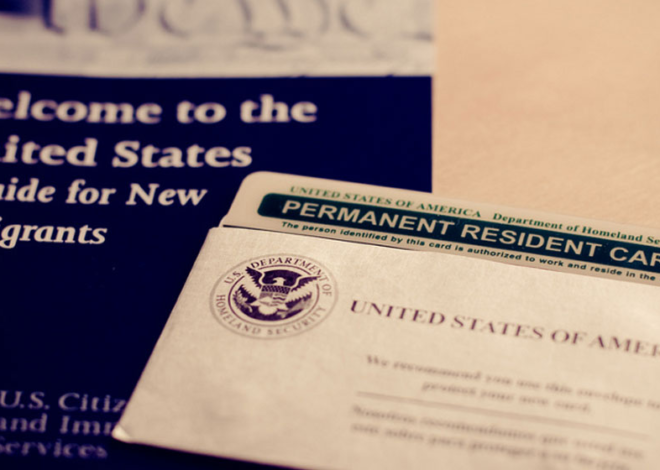
Pakistan to Deepen AI and Agricultural Collaboration with China, Says PM Shehbaz Sharif 2024
Pakistan is set to enhance its collaboration with China, particularly in the fields of Artificial Intelligence (AI) and agriculture, as part of its broader strategy to strengthen economic ties with its key ally. Prime Minister Shehbaz Sharif made this clear during a high-level meeting with Chinese Ambassador Jiang Zaidong in Islamabad on Monday.
Strengthening the Pakistan-China Strategic Partnership
During the meeting, Prime Minister Sharif highlighted the enduring nature of the Pakistan-China relationship, describing it as essential not only for the two countries but also for broader regional and global peace. “Pak-China friendship is essential not only for both countries but also for regional and global peace and development,” he remarked. This statement reflects the deep strategic ties that have long been a hallmark of the bilateral relationship.
The prime minister stressed the importance of advancing collaboration in key sectors such as information technology, AI, and modern agriculture. By focusing on these areas, Pakistan aims to tap into China’s expertise and leadership, particularly in AI, to drive innovation and economic growth.
CPEC: A Pillar of Bilateral Cooperation
The meeting also covered the strategic importance of the China-Pakistan Economic Corridor (CPEC), a flagship project that has significantly enhanced connectivity and economic activity in the region. Prime Minister Sharif praised China for its consistent support, especially during challenging times, and expressed his commitment to further strengthening this partnership.
CPEC has been a game-changer for Pakistan, bringing in billions of dollars in investment and creating numerous opportunities for infrastructure development and industrialization. The prime minister emphasized that taking CPEC to the next level, including the establishment of industrial zones, is a priority for his government.
High-Level Engagement Reflects Commitment to Bilateral Ties
The presence of senior officials, including Deputy Prime Minister Muhammad Ishaq Dar and Special Assistant to the Prime Minister Tariq Fatemi, at the meeting with the Chinese ambassador underscores the significance Pakistan attaches to its relationship with China. The discussions were not just limited to AI and agriculture but also touched on broader economic cooperation and strategic issues.
Prime Minister Sharif’s recent five-day visit to China in June further exemplifies the importance of this bilateral relationship. During the visit, he engaged with top Chinese business leaders to encourage investment in Pakistan, particularly in the technology and industrial sectors.
Pakistan’s Vision for AI and Economic Growth
Pakistan’s focus on AI and modern agriculture is part of a broader vision to enhance its technological capabilities and economic resilience. By partnering with China, Pakistan aims to accelerate its progress in these critical areas, which are seen as key drivers of future growth.
The collaboration in AI, in particular, is expected to bring significant benefits. From improving agricultural productivity to enhancing public services, AI has the potential to transform various sectors of the Pakistani economy. By leveraging China’s expertise, Pakistan hopes to position itself as a leader in this emerging field.
Regional and Global Implications of Enhanced Cooperation
Prime Minister Sharif’s emphasis on the strategic importance of Pakistan-China relations for regional and global peace highlights the broader implications of this partnership. As the two countries deepen their collaboration in AI and other sectors, they could set a precedent for international cooperation in addressing global challenges.
In summary, Pakistan’s efforts to boost collaboration with China in AI, agriculture, and other vital sectors reflect a strategic approach to economic development and technological advancement. The strengthening of the Pakistan-China partnership is likely to have significant implications for both countries and the wider region.







